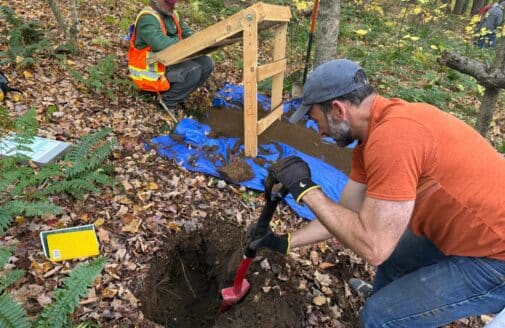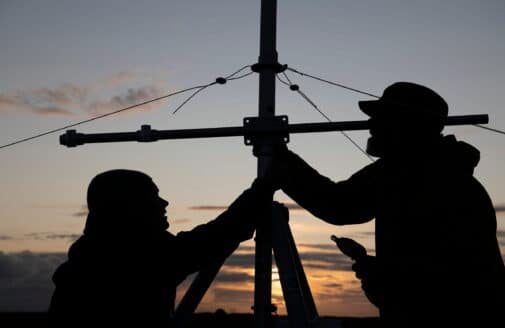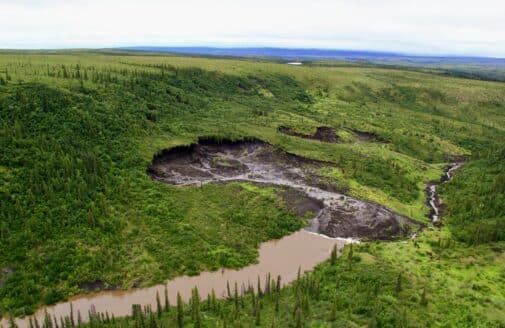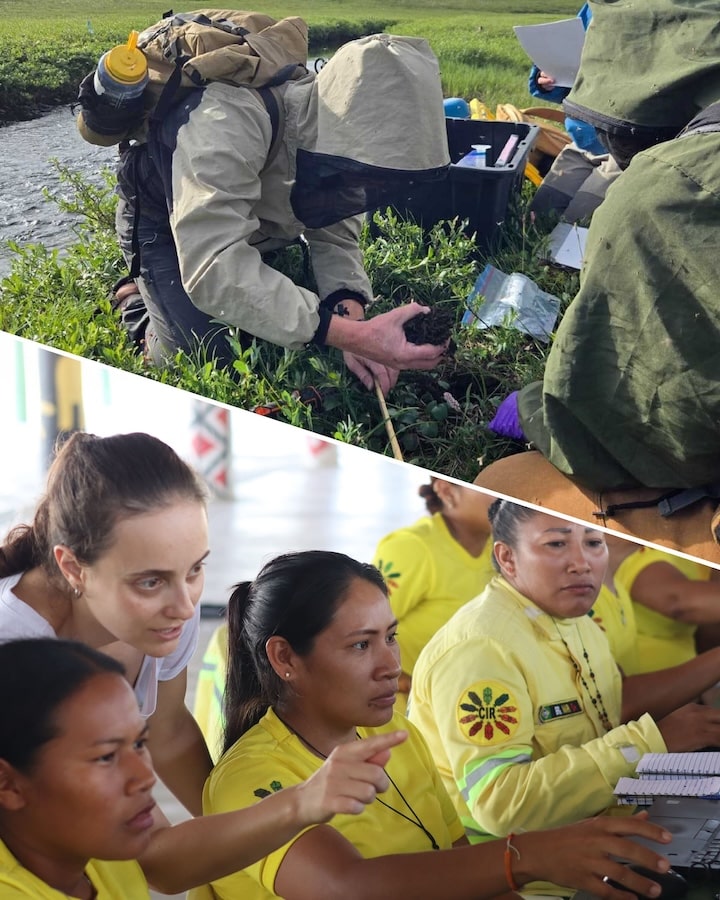A message from Belém
Why COP30 is already a success and where we go from here
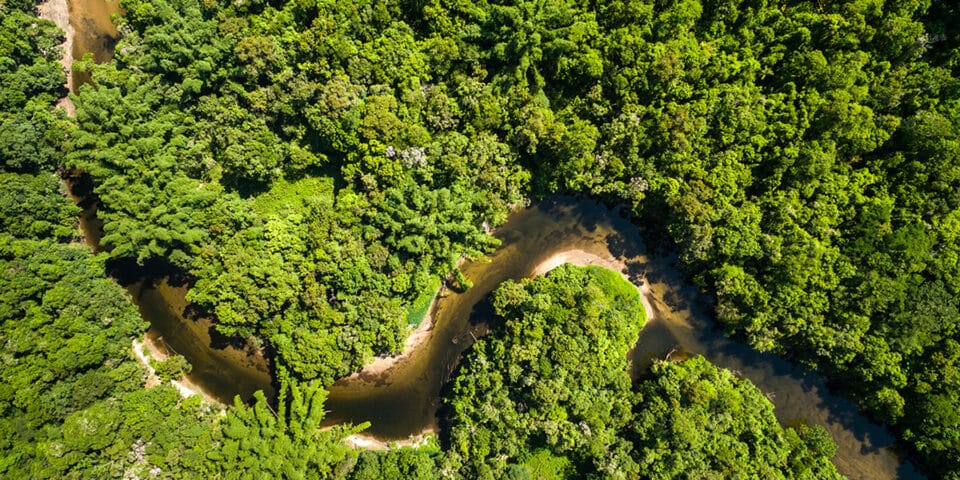
A message from President & CEO Dr. R. Max Holmes
I am writing from Belém, Brazil, a city at the edge of both the Amazon forest and the Atlantic Ocean and host of COP30—the thirtieth annual meeting of the parties to the United Nations Framework Convention on Climate Change treaty, what is often referred to as the UN climate conference.
The location of this year’s meeting is significant in multiple ways. The treaty was adopted in Rio de Janeiro, so returning to Brazil is something of a homecoming. And Belém’s location puts particular emphasis on the importance of tropical forests and nature-based climate solutions more broadly.
Woodwell Climate has more than a dozen science and policy experts at COP30 sharing our science, informing negotiations, deepening relationships, and exploring new possibilities. We are advocating for more ambitious climate goals that take into account emissions from permafrost thaw, wildfires, and other ecosystem changes; for equitable, effective finance mechanisms that can get money flowing to the people best positioned to protect tropical forests; for science-based national adaptation plans and indicators that will enable us to track our progress toward global resilience.
It is exciting, even exhilarating, work. And yet, the “30” in COP30 raises uneasy questions. This is the thirtieth time the nations of the world have come together to chart a path toward a just, livable climate future. Why is progress so slow? What can possibly be left to negotiate? Is it all worth the effort?
As these questions were bouncing around in my head, I started to wonder what the originators of the process think of where we are. One of those originators, Kilaparti Ramakrishna (known to many as Rama), was among Woodwell Climate’s first employees and is currently a member of our Board of Directors. So I reached out and asked him. In response, he shared an essay he was working on which began this way:
“When we were drafting the United Nations Framework Convention on Climate Change (UNFCCC) in 1991–1992, few of us could have imagined that the negotiations we began would still be unfolding three decades later. But we did know that we were creating something designed to last. The Convention was never meant to be a one-off agreement that “solved” climate change; it was conceived as a living framework, a foundation for continuous, evolving cooperation guided by science, equity, and common purpose.”
That is, in itself, a lofty goal. And by that measure, the UNFCCC has been a resounding success. It has weathered numerous, dramatic, often rapid, geopolitical shifts over the past three decades. Particularly now, in an era of rising nationalism around the world, it is remarkable that any multilateral process should persist for so long. It is an enormous testament to the many negotiators and advocates who have held to that vision and worked tirelessly to advance, however incrementally, a truly global framework for addressing climate change.
Obviously, it has not been without setbacks. One front of mind for many right now is the fact that the U.S. has withdrawn—not just once, but twice. And on that note, Rama had another frameshift to offer. Each time the U.S. has stepped back, progress has slowed. There is no denying that. But the UNFCCC and the Paris Agreement have continued nonetheless. That is because others have stepped into greater leadership and responsibility, and that makes the process, as a whole, stronger in the long run.
And this is a long run. Climate change is a challenge of unprecedented scope and import. It has been decades in the making, and the consequences will span every aspect of society for decades, if not centuries, to come. The U.N. Framework Convention on Climate Change is a correspondingly unprecedented response that cannot be expected to yield results overnight. It remains the only forum for truly global discourse and collaboration on climate issues, and that is invaluable.
So let’s celebrate that this is the thirtieth COP, acknowledging that progress has been slower than any of us would want but recognizing that we are in a much better place than we would be without the U.N. Framework Convention on Climate Change. Let’s also look ahead to COP40, COP50, and even COP60, imagining the world we want in the future and resolving to do everything we possibly can to realize that vision.
That is what keeps me going. That is what keeps Woodwell going. On behalf of all of us, thank you for the privilege of doing this work.
Onward,






